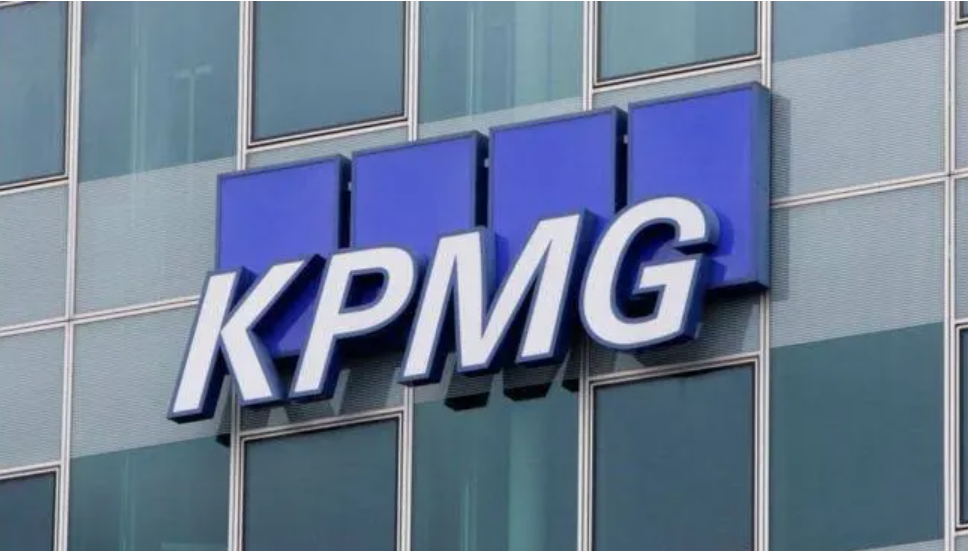KPMG Urges Nigerian Banks to Prepare for Open Banking Era

KPMG Nigeria has issued a strong call to action for banks and financial institutions, urging them to accelerate preparations for the rollout of open banking in Nigeria, which is expected to commence in August 2025.
In its newly released report titled Modernising Core Banking Systems: Navigating Challenges to Achieve Resilient Transformation, KPMG emphasized that open banking is poised to reshape Nigeria’s financial ecosystem. The report builds on insights from the 2025 KPMG Core Banking Modernisation Summit, held earlier this year.
Open banking enables customers to authorize their banks or financial service providers to securely share their financial information with third parties, such as fintech companies and other banks. This sharing of data helps to drive innovation and improve access to personalized, customer-centric financial services.
Back in February 2021, the Central Bank of Nigeria (CBN) issued a regulatory framework for open banking. In 2025, the regulator confirmed plans to begin its full implementation, making Nigeria one of the leading adopters in Africa.
According to KPMG, open banking is fueled by a technology known as Application Programming Interface (API). With APIs, banks and fintechs can securely access and exchange customer data such as transaction history, income levels, credit scores, and financial preferences to build tailored financial solutions.
“Open banking is a major catalyst for the growth of digital-first financial institutions in Nigeria,” the report stated. “It simplifies access to financial data and infrastructure through secure APIs and is paving the way for deeper innovation, partnerships, and a more inclusive financial ecosystem.”
The firm also highlighted how open banking has already contributed to the development of digital tools such as virtual account numbers for automated collections, advanced card solutions with tokenization and spending controls, payment integrations for faster local and cross-border transactions, and more robust merchant payment gateways.
KPMG stressed that this shift will have significant implications for customer data control and service integration. It enables users to securely share their financial profiles with third-party providers, resulting in more relevant, real-time offerings.
For Nigerian banks, this means one thing: legacy core banking systems must evolve—quickly.
The report noted that Nigeria’s traditional banks must modernize their back-end systems to support API-driven data sharing and real-time service delivery. Without this transformation, they risk being left behind by more agile digital challengers who are not held back by outdated infrastructure.
“Banks must move from asking whether they should modernize their platforms to asking how they can do it effectively,” KPMG advised. “Digital banking is now the default expectation. Customers demand intuitive, personalized, and frictionless experiences, and only those institutions that upgrade their systems will remain competitive.”
In addition to customer experience, open banking could significantly enhance financial inclusion. By using alternative data such as mobile usage patterns, utility payments, and even social media activity, providers can assess creditworthiness and offer services to previously excluded groups.
As Nigeria edges closer to the open banking era, KPMG’s message is clear: financial institutions must urgently invest in core banking transformation. Those that do will be better positioned to thrive in a digital-first future, while those that delay may struggle to remain relevant.




Responses